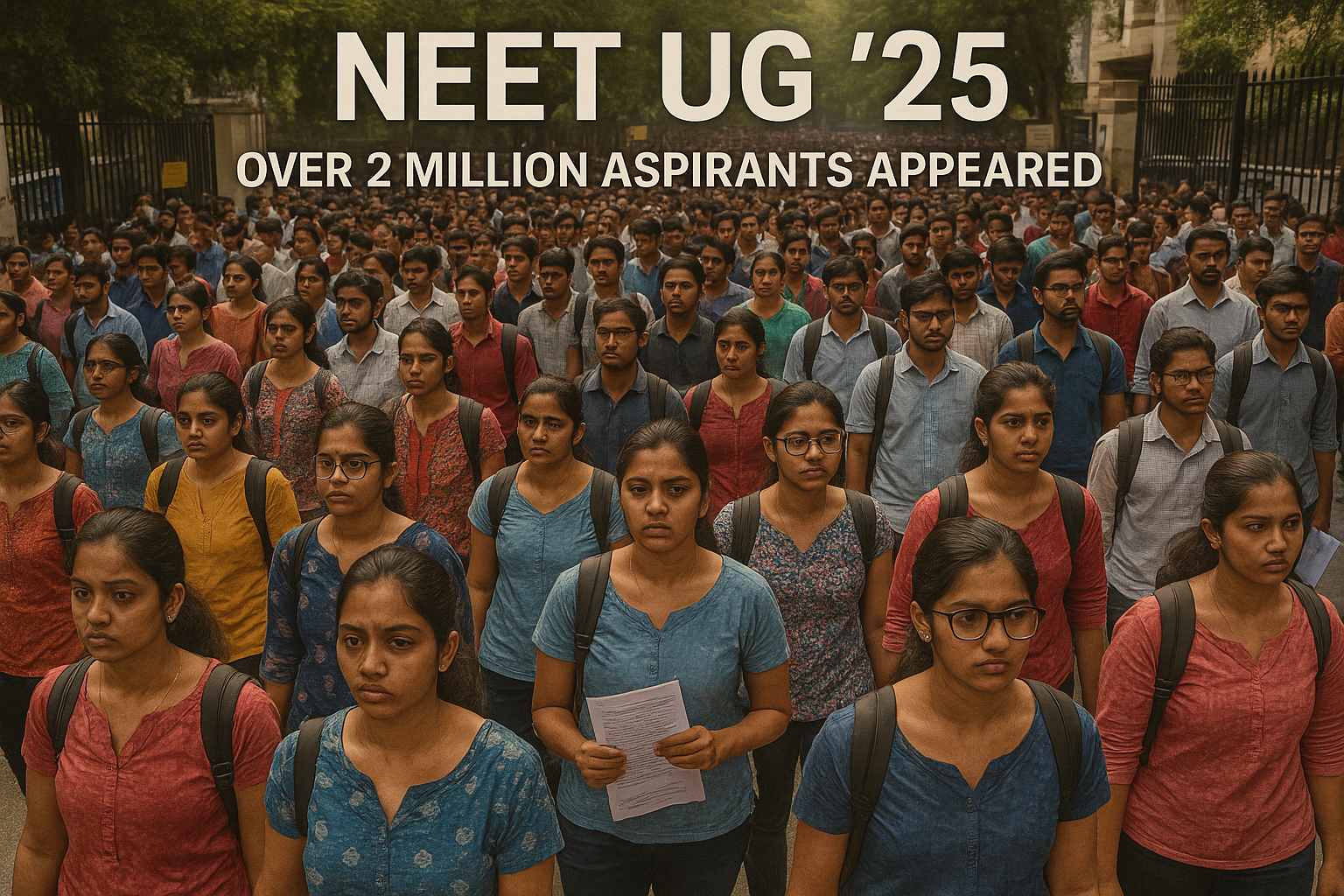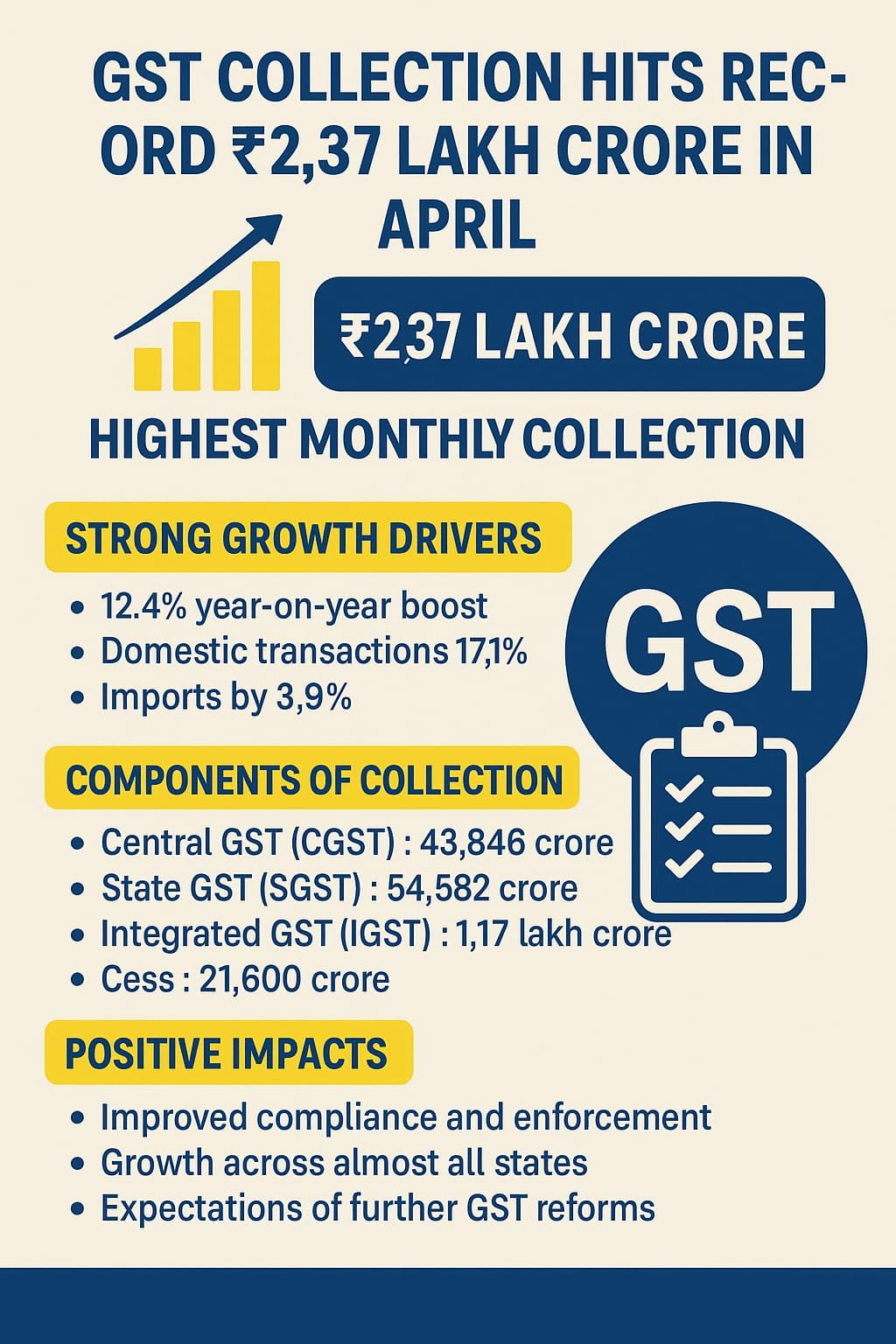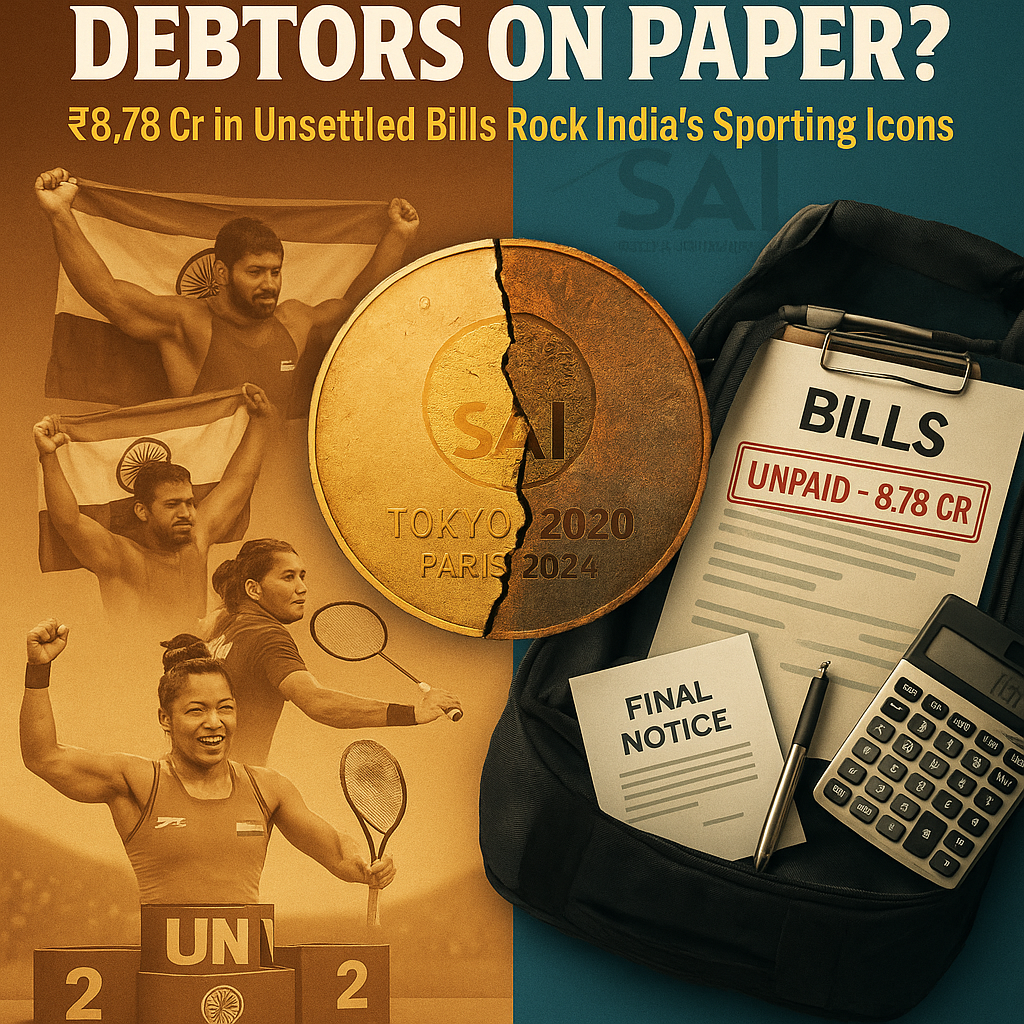
Booker Prize-winning author and political activist Arundhati Roy is once again at the center of national controversy—this time, for her alleged anti-national remarks made during a 2010 conference titled 'Azadi: The Only Way' in New Delhi. Fourteen years later, legal action has finally been greenlit, as Delhi's Lieutenant Governor approved prosecution under Section 13 of the Unlawful Activities (Prevention) Act (UAPA), 1967.
Roy, best known for her internationally acclaimed novel The God of Small Things, and Sheikh Showkat Hussain, former law professor at Central University of Kashmir, were named in an FIR filed at Tilak Marg police station. The complaint, filed by social activist Sushil Pandit, alleges that Roy and others propagated separatist views and challenged India's sovereignty over Jammu & Kashmir.
What Triggered the Controversy?
The 2010 conference was attended by a controversial lineup, including Syed Ali Shah Geelani, SAR Geelani, Varavara Rao (accused in the Bhima Koregaon case), and other figures linked to separatist and Maoist movements. According to submitted evidence—including CDs and DVDs—the speakers openly questioned Kashmir's legal accession to India. Statements allegedly included that Jammu & Kashmir was never an integral part of India and was under "illegal occupation by the Indian Army."
Legal Grounds and National Security Concerns
The FIR cites Section 13 of the UAPA, which deals with inciting unlawful activity and endangering the sovereignty and integrity of India. With the 2023 sanction under Section 196 of the CrPC, the legal groundwork is now in place to take the case to trial. Given that the Kashmir issue remains a highly sensitive geopolitical matter, any call for secession is treated as a serious threat to national unity and internal security.
The Democratic Dilemma: Free Speech vs National Security
While Roy’s supporters argue that dissent is the essence of democracy, critics emphasize that free speech must not compromise national interest. India, as a union of states, holds Jammu & Kashmir's accession as constitutionally valid through the Instrument of Accession signed by Maharaja Hari Singh in 1947.
However, Roy's stature as a globally respected author raises a complex dilemma. Does her participation in such debates empower democratic discourse, or does it risk emboldening separatist agendas? This case may set a precedent on how India balances freedom of expression with the need to preserve national integrity.
What's Next?
With the case now heading to trial, it remains to be seen how the judiciary interprets the thin line between provocative speech and unlawful activity. As India continues to assert its democratic principles, Arundhati Roy prosecution could become a landmark moment in defining the boundaries of activism, authorship, and allegiance.










.jpeg)








.jpeg)

